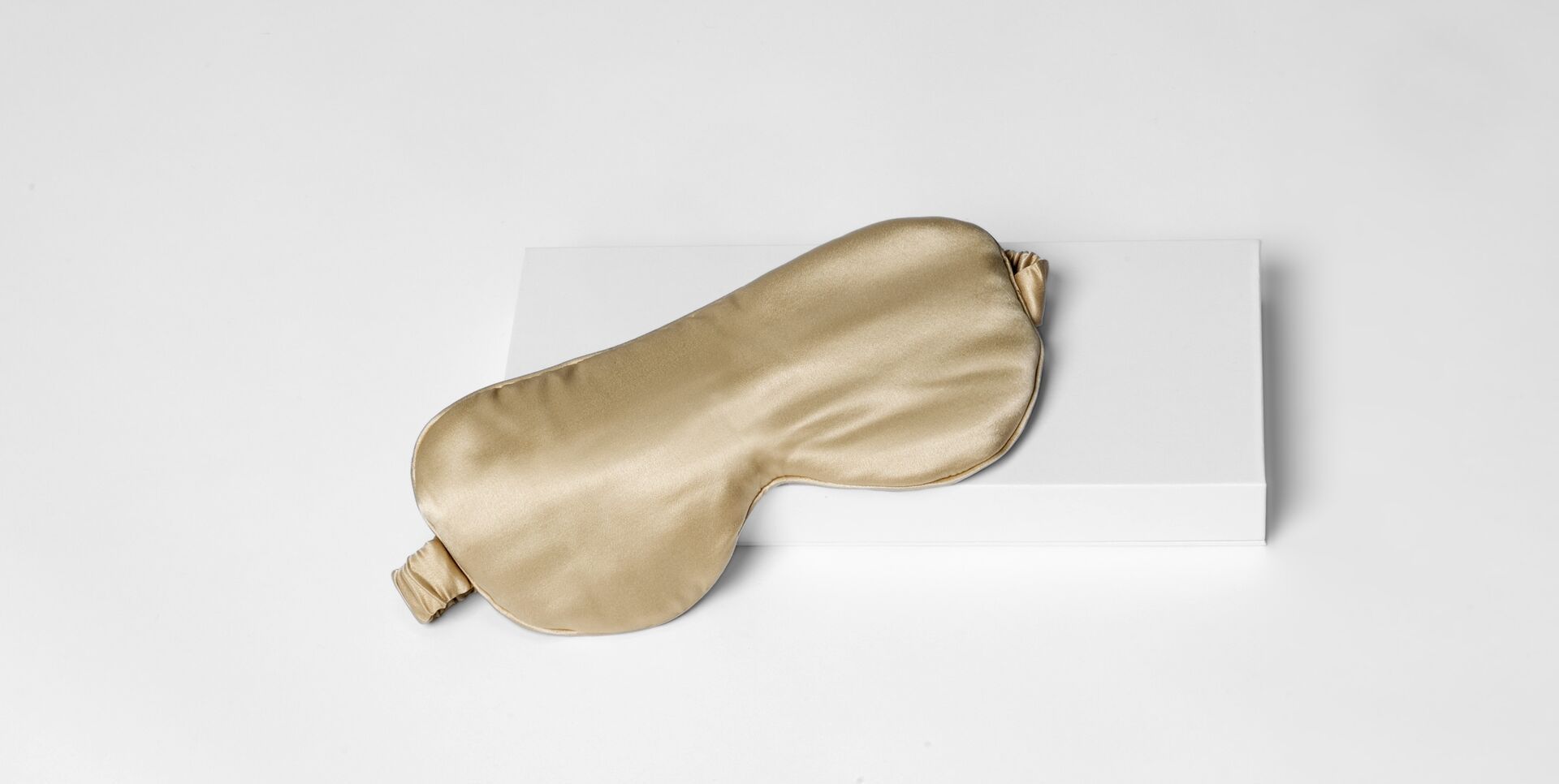The sleep deprivation of new parenthood can feel crushing, but for infants, middle-of-the-night wakeups are developmentally normal, necessary, and healthy. As babies grow, they can continue to wake throughout the night for various reasons; and adults and children both, from time to time, wake up overnight and struggle to fall back asleep.
Yet, while your child is on no timeline to return to the schedule and demands of a workday, you may be. That’s why we answered three questions from new mothers on handling the overnight challenges that can present themselves while juggling working and parenting.
3 common questions about sleep after maternity leave
When should I prioritize sleep versus “muscling through”?
This is a tough one. The mom in me wants to tell you to sleep, sleep, and always choose sleep. After all, we can’t do anything well when we don’t put ourselves first. Sleep, specifically, is of paramount importance not just for our physical and mental well-being but also for our ability to make decisions and…live safely (sleep deprivation is a huge risk factor, for example, for car accidents).
The pragmatist in me knows that being a new mother in this country also involves showing up to a job as if you weren’t up all night, as if you haven’t already had a full morning of parenting, and as if you don’t have a full night of caregiving tasks at home after work. It often involves working jobs without policies, such as paid leave.
A source I interviewed for a story once told me that the U.S. “has the most family-hostile public policy of any country in the western industrialized world.” (You’ve likely seen the quote: You’re supposed to mother like you don’t have a job and work like you don’t have to mother. The math doesn’t add up.)
So first, know this: If you’re waking up bleary-eyed with a baby, a toddler, and three deadlines eyeing you down, you’re not alone, you likely push through, and it shouldn’t be this way. All things can be true.
Now for some solution-oriented questions: Are you in a role at work that offers some flexibility? (Are you able to take lunch early and nap?) Are you able to ask for flexibility in your role? Does your company have policies like paid leave, work-from-home days, or flexible hours? Can you band together with other parents to request them? Not everyone is in these positions, but if you are, speaking up can create lasting and positive changes.
And the practical Qs: What, realistically, do you need right now to get through the day (a few minutes to rest your eyes, help with the kids come evening)? What kind of support can you lean on? How can you prioritize your to-do list? What could you postpone till tomorrow? How can you ensure you’re doing things in a way that works best for you?
Those answers will be different for everyone, and they won’t exactly create an either/or answer (sleep or “muscle through”)—but they should help lend some clarity, and hopefully rest, for today and the future.
How do I best handle a few rough nights of sleep?
If your baseline is generally good overnight sleep, you may have just been rudely awoken: When we talk about baby sleep, we don’t always talk about sleep regressions, big transitions (crib to bed), or that, sometimes, children wake up in the middle of the night.
It’s hard to make big-picture plans, strategize, and shift gears when you’re in the thick of it. So don’t. If you’re up against some hard nights, do what you need to do to survive. Two coffees. Easy dinners. No guilt. Also, think about what could work right this minute (yes, in the middle of the night) so that you can rest—or how you can simplify your day or week (can you carpool with a friend for daycare drop-offs?).
When you have a wakeful moment, the other side of that is this: Sometimes, sleep is smooth sailing. My advice is always to figure out an SOS plan—what could help you through the tough days—when things are good. Always, the ideal blend will be a mix of support, foresight, flexibility, and a little more coffee.
Is co-sleeping the right call?
A colleague of mine often encourages new parents to ask themselves this question when they’re struggling with any kind of conundrum in new motherhood: “Is this mine?”
The idea is that, in a sea of information overload, unsolicited advice, and experts telling you the “right” way to do everything, it’s easy to lose sight of what you want, what’s working for your family, and—as my colleague says—what is yours.
How your baby sleeps is an entirely personal decision. I could point you to practical resources like the American Academy of Pediatrics’ Safe Sleep recommendations or the Safe Sleep Seven. I could rattle off guidelines or different sleeping arrangement options. But I don’t think that would appropriately address the crux of your question, which I believe to be: Is our current arrangement with sleep working for us?
Here’s an important thing to remember about parenting (another important tidbit that tends to get drowned out in the noise): What’s the right call right this minute or today might not be the right call tomorrow, in a week, or in a month. And it might not be what was right last week or last month, or when your baby was born. And guess what? That’s OK! Our needs, our babies’ needs, and our priorities and wants shift as we grow as parents and as our babies grow. That’s normal and to be expected.
Remember too: Things also don’t have to be either/or. Often they’re both/and.
The bottom line: If something’s not working, it likely feels like it’s not working—despite what people in your life or on Instagram or in Facebook groups—are telling you. Listen to that parental instinct voice. It’s usually right.
FAQs
How do I transition after maternity leave?
Heading back to work after maternity leave can pose many challenges, especially when it comes to your sleep. If sleep is hard to come by as you transition back to work post-maternity leave, do what you need to do to survive. That might mean guzzling two coffees to get energized fast, fixing easy dinners, and figuring out ways to simplify your day or week, such as looking for a daycare carpool buddy. Also, think about what might work in the moment (even if it’s the middle of the night) so you can get some much-needed rest whenever you can.
What is the fourth trimester—and how will your sleep be affected during this time? Read our fourth trimester sleep survival guide for ways to prioritize rest after having a baby.






